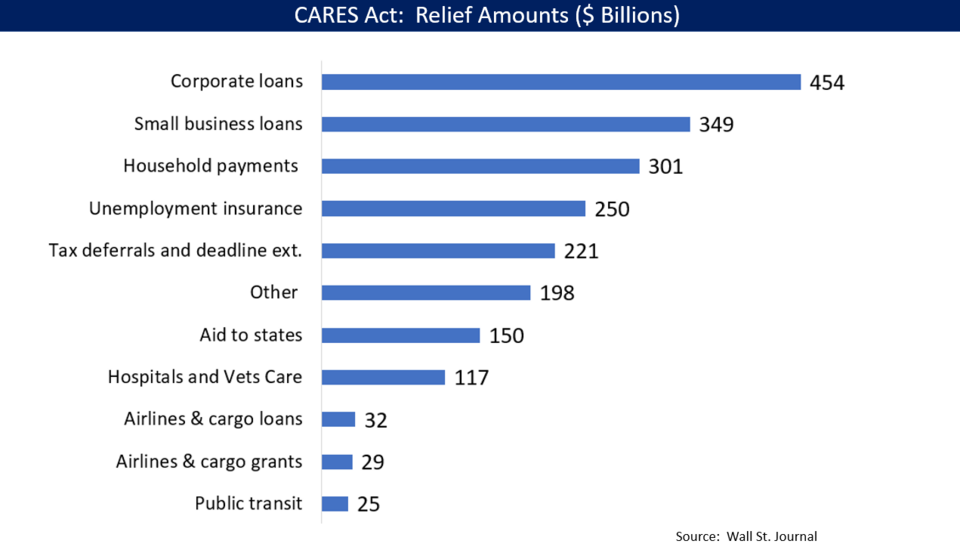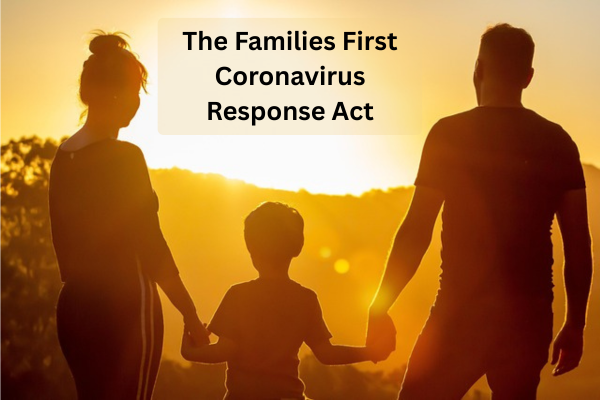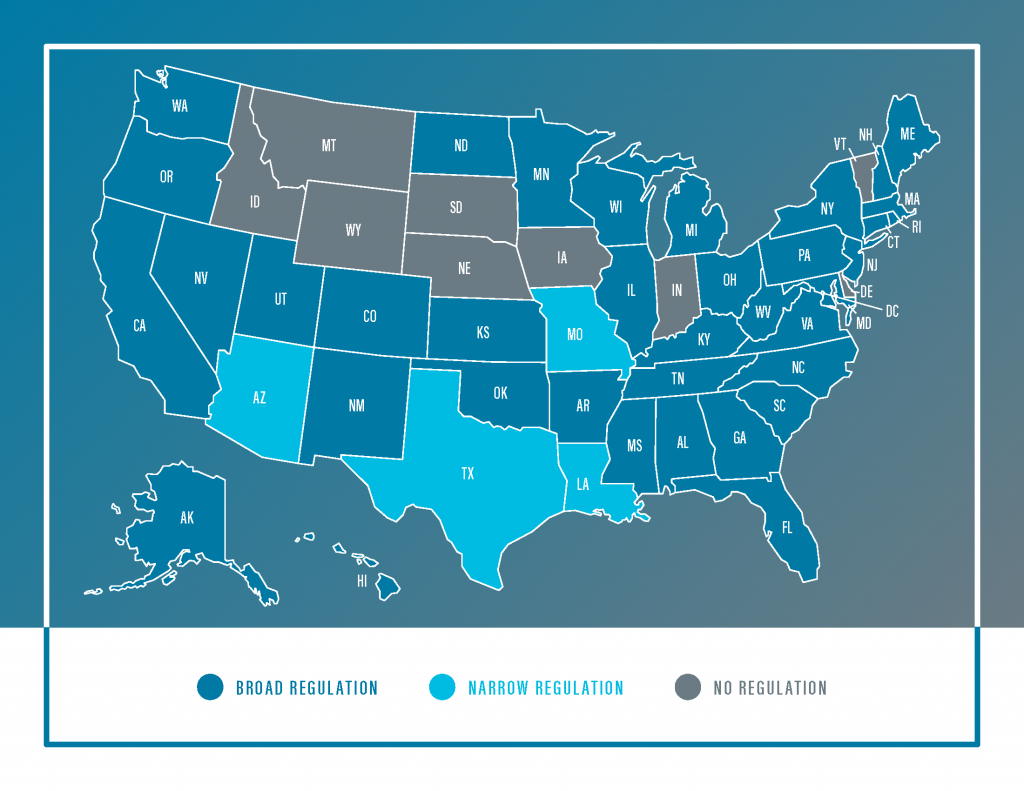
Strategies for Handling a Difficult Board Member
Think back to the last time you had to (or at least wanted to) confront your boss about micromanaging your work. Now imagine having ten bosses instead of one. You’ve just stepped into the shoes of your nonprofit’s executive director. While we might all like to cast aside the possibility of an overreaching board member in our organizations, even the most well run nonprofit boards will deal with difficult board members at some point. Boards are full of, well, humans, who have a unique set of personal experiences, emotions, and motivations that influence on their job as a director. Sometimes, that can lead to conflict that is uncomfortable, unproductive, and even contrary to the organization’s best interests.









